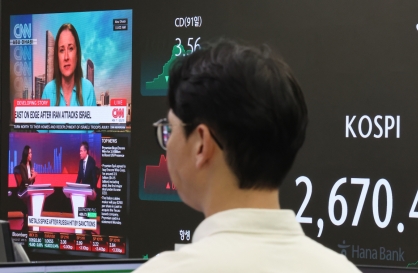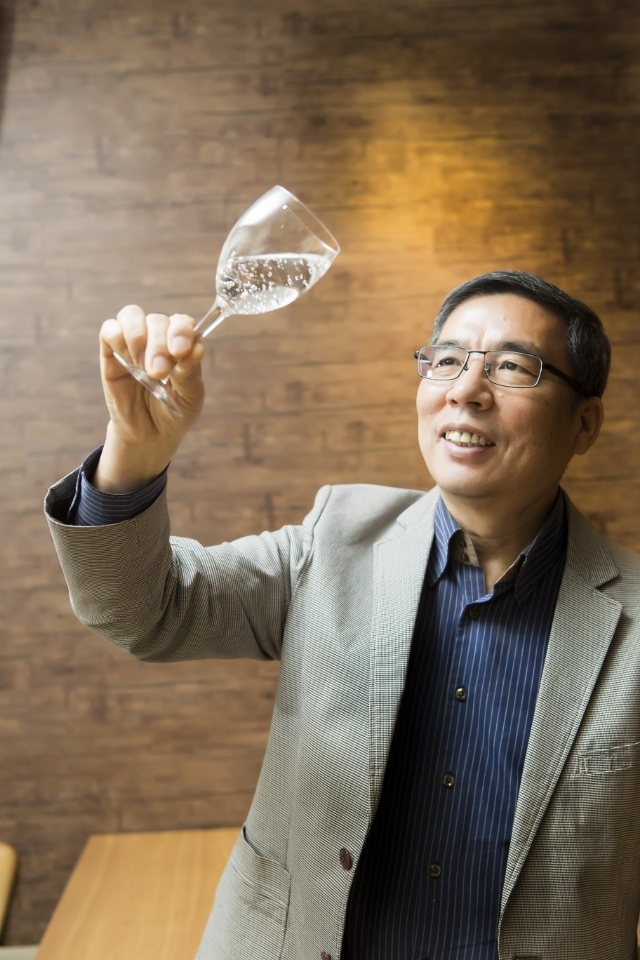 |
Ko Jae-youn, president of the Korea International Sommelier Association (Courtesy of Ko Jae-youn) |
No one can deny that water is essential for life, but until recently, it has typically been considered indistinctive -- without color, taste or smell.
But as water sommelier Ko Jae-youn explains, the common idea that water is tasteless is wrong.
Aside from its beneficial mineral content, water also has enough taste to be paired with food, like wine is, he said.
“Try light carbonated water with fried chicken, just as a quick way to find out how water can be paired with food. It will taste much better than having it with coke or beer,” Ko said in an interview with The Korea Herald.
He was referring to the type of water with a carbonation rating of between 2.5 and 5. The category goes from still water with no carbonation, then effervescent (0-2.5), light, classic (5-7.5) and bold (over 7.5).
“With seasoned chicken, try classic water.”
Ko has been studying water for over a decade as a food service management professor at Kyung Hee University in Seoul and the president of the Korea International Sommelier Association.
He was the first to introduce a wine sommelier course at the university in South Korea in 2001, and he also created a water sommelier training course at his school, which became the first in the world in 2011.
However unfamiliar the job may be, there are already about 250 water sommeliers certified by the state-operated Korea Water Resources Corporation and KISA to work in various industries, including restaurant businesses, as well as water research institutes and water purification companies.
Water can largely be distinguished by its smell, taste and also mouthfeel -- the tactile sensation. Rainwater passes through different kinds of soil and rock, absorbing mineral content along the way, and the amount of total dissolved solids -- or “minerality” -- makes it taste either heavy or light, Ko said.
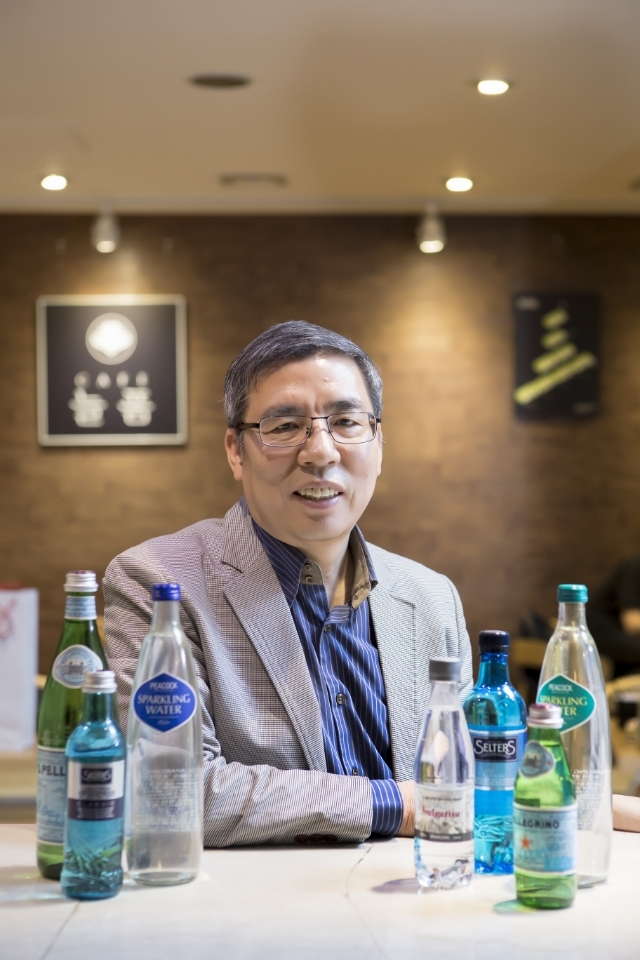 |
Ko Jae-youn, president of the Korea International Sommelier Association (Courtesy of Ko Jae-youn) |
So what kind of water is healthiest? Ko said the answer can vary by country and that it has been greatly influenced by different food cultures.
“In Europe, the daily diet involves a lot of meat, broadly speaking. There are no minerals in meat, and so you can find a lot of premium water products developed there, promoting mineral containment,” Ko said.
“But in South Korea, the foods we have every day are often good sources of minerals -- fermented food, vegetables, seafood and seaweed. So it is not a big problem for Koreans to have water with less TDS,” Ko said, adding that is why bottled water products in South Korea are all similar in terms of their mineral content.
According to Ko, good water should be weakly alkaline to balance the body, and it is important to check on the amount of calcium and magnesium it contains, as well as whether the environment where the water is sourced is clean.
“If the water is not clean from where it is sourced, obviously you need more chemical processing to filter it,” Ko said.
While the awareness of premium water is relatively low in South Korea compared to other parts of the world, Ko said it will increase along with economic growth, and water bars may also be seen here in the future.
There are, for instance, water products that are government-certified in Europe to be helpful for losing weight and other health benefits, such as France’s Hydroxidase, a natural seltzer approved to be sold in pharmacies.
As the conception of one of the most essential elements of our body has been changing, numerous water bars have opened in the US, Europe and Japan.
“In South Korea, there are department stores that sell premium bottled water, but there is no water bar, yet. I believe it will become a trend here one day, too,” Ko said.
The global market for mineral water was valued at $157 billion in 2013, and it is expected to advance to over $215 billion in 2025, according to the Grand View Research firm, registering a compound annual growth rate of 7.4 percent.
Korean beverage companies are also seeing sales go up.
According to Ministry of Agriculture, Food and Rural Affairs data, the size of the water market here has marked a continuous rise to post at 825.8 billion won ($670.5 million) in 2018. Industry watchers forecast that the figure will surpass the 1 trillion-won mark in 2020. The outbreak of COVID-19 will also have an impact on the industry, as demand for bottled water rises during natural disasters or epidemics.
“I was criticized a lot when I first established the wine sommelier course, about 20 years ago. They would ask, how can you lecture about drinking at the sacred place of a university,” Ko said.
“Now, everyone recognizes wine sommelier as an occupation. For water, it was the same 10 years ago, with people asking what is there to study about water. We’ll see.”
By Jo He-rim (
herim@heraldcorp.com)


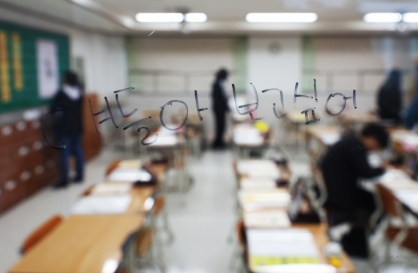

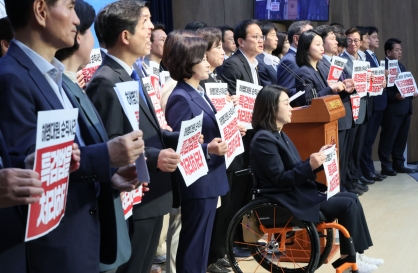
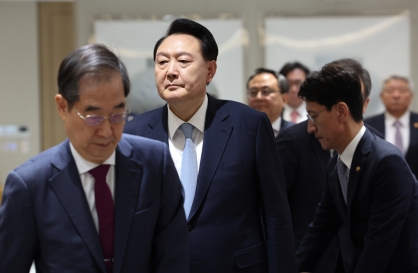

![[KH Explains] How should Korea adjust its trade defenses against Chinese EVs?](http://res.heraldm.com/phpwas/restmb_idxmake.php?idx=644&simg=/content/image/2024/04/15/20240415050562_0.jpg)

